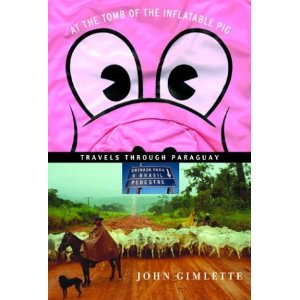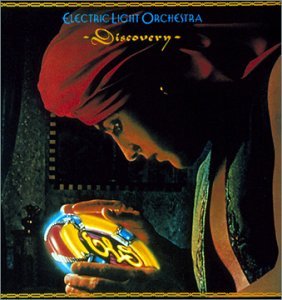I have ranked the top 68 television shows of the '00s, and will be presenting them, one-by-one, starting with 68 and working down. The rankings are more or less based on the show's popularity, it's cult status, it's critical acclaim, and my personal liking of it, with a heavy dose of arbitrariness added in. If a show was a big enough phenomena, I'll keep it on the list - but if I don't like it, I may drop it some spots. One other caveat - these are primetime shows (I apologize if I put a cable show that wasn't, I thought they were all primetime shows - the main point of this is just that no talk shows, no Colbert and Daily show that would be on otherwise).
32: Who Wants to Be a Millionaire

Oh, to remember again what it was like to be alive during the great Game Show Revival on the turn of the 21st century. Sure, reality television was just a baby, and would go on to dominate the television landscape for much of the decade. But there was a trend, harking back on an older tradition, that burned first, and burned faster. The resurgence of the game show. And sure, game shows had been running during the day for years - Wheel of Fortune, Jeopardy and The Price is Right among others. But this was the Game Show's big return to prime time, and the king of and inspiration for the revival was Who Wants to Be A Millionaire.
Ten contestants would begin each show with what was called a "Fastest Finger" - they would need to put four things in order, and the fastest to do so, was chosen to compete on the "hot seat." They would then answer multiple choice questions which went up in value, fifteen of increasing difficulty, the last one worth a million. One wrong sent the contestant home, but to to help each contestant were three "lifelines," which could each be used once - the 50/50 which eliminated two of the choices, Ask the Audience, which let the studio audience weigh in with their thoughts on a question, and Phone-a-Friend which let the contestant call someone they knew and get their opinion on a question.
Millionaire started in the UK, first airing in 1998, and spread to the US a year later, hosted by Regis Philbin, where it quickly became a sensation. Actually, sensation is underselling it. Because of its success, ABC began airing in three times a week. It's hard to describe just how big Millionaire was at that time. Looking at the Nielsen ratings for the year of 1999-2000 forces me to do a double take no matter how many times I see it - the top three spots were all taken by the three weekly editions of Millionaire. Phrases came into the lexicon from the show, like lifeline, but most of all "Final Answer" - before accepting any choice from the contestant, Philbin would ask - "Is this your final answer?," and the contestant would have to respond in kind for the answer to count. The phrase was ubiquitous - most hilariously winding up in the Simpsons rom-com "Love is Nice."
Part of the beauty was that anyone could try o
ut for the game show by calling up from their house and answering questions - if they got them right, they'd be entered into the pool for the show. It was so big that when the first person came along a
nd won the million, he became a household name - John Carpenter (and directed Vampires, no less! (he didn't), not to mention the fact that he was so confident on the million dollar question ( "Which of these U.S. Presidents appeared on the television series Laugh-In?") that he used his last lifeline - his phone-a-friend to call his father and let him know he was about to win a million dollars (to be fair, it was a really easy million dollar question.)
Of course, with that kind of overexposure it was due to burnout. It got a little less popular the next year, a lot less popular the year after that, and it was done, mercifully put to bed by ABC. One does wonder if the show could have lasted a little longer if ABC had put it on a little more judiciously - though that brings up the great question, like with a young pitcher on a potentially world series winning team - is it worth hurting the pitcher's arm, or overexposing the show, for that one year of absolutely glory. Who can say.
A character from the dead-too-soon Party Down said in an episode that the key to a long relationship is to be a crockpot - burn too bright and you're likely to kill the relationship early - maybe the same is true for game shows. The daytime version of Millionaire, hosted by former View and current Today Show anchor Meredith Viera, has been running strong since 2002 - never the same type of national water-cooler-buzzing presence its predecessor was but still going, and there's something to be said for that too. Oh, and that the show inspired Best Picture winner Slumdog Millionaire's creation. Not a bad legacy.











.jpg)